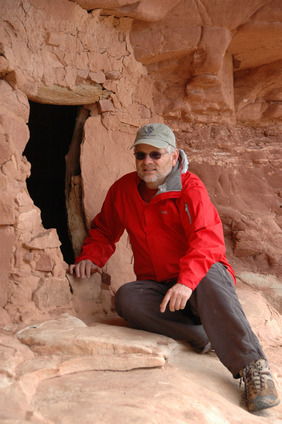Disconnect, get outdoors to nurture creativity
After four days backpacking without electronic devices, hikers scored 50 percent better on a creativity test. “This is a way of showing that interacting with nature has real, measurable benefits to creative problem-solving that really hadn’t been formally demonstrated before,” says David Strayer, a co-author of a new creativity study and University of Utah psychology professor.
The Study
Other studies have shown that going on a hike can improve proofreading, the ability to see a certain optical illusions, and the ability to repeat digits backwards after hearing a list of digits. This particular creativity test is a decades-old test known as the Remote Associates Test, an untimed test where participants get 10 sets of three words. For each set they must come up with a fourth word that is tied to the other three. For example, an answer to SAME/TENNIS/HEAD might be MATCH (because a match is the same, tennis match and match head).
Of the 56 study subjects, 24 took a 10-item creativity test the morning before they began their backpacking trip, and 32 took the test on the morning of the trip’s fourth day. Subjects who had been backpacking four days got an average of 6.08 of the 10 questions correct, compared with an average score of 4.14 for people who had not yet begun their nature immersion.
“We show that four days of immersion in nature, and the corresponding disconnection from multimedia and technology, increases performance on a creativity, problem-solving task by a full 50 percent,” the researchers conclude. However, the study does not differentiate between “effects due to an increased exposure to nature, a decreased exposure to technology or the combined influence of these two factors.”
Creativity in the Brain
Creative thinking and problem-solving are believed to arise in the prefrontal cortex area of the brain. The prefrontal area is the same area that is overtaxed by constant demands on our attention in a fast-moving, technological environment. While nature has beneficial effects, “it’s equally plausible that it is not multitasking to wits’ end that is associated with the benefits,” Strayer says.
No matter what, “It provides a rationale for trying to understand what is a healthy way to interact in the world, and that burying yourself in front of a computer 24/7 may have costs that can be remediated by taking a hike in nature.”
Image: University of Utah psychology Professor David Strayer, shown here during a hiking trip in southern Utah’s Grand Gulch. Photo Credit: Elisabeth Kwak-Hefferan

